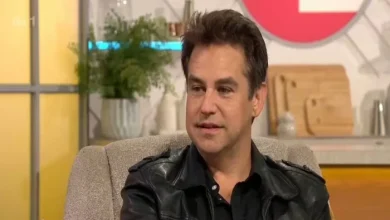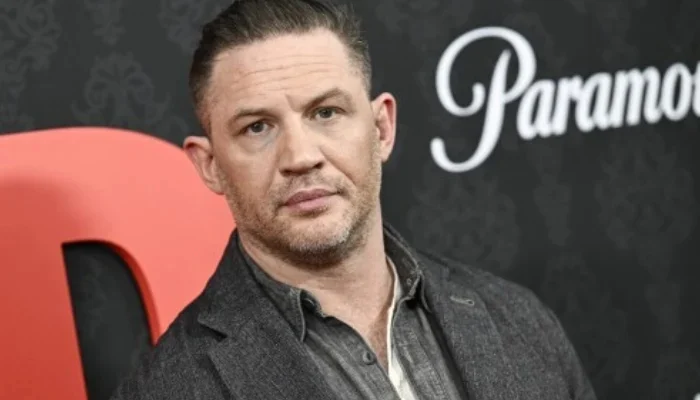Michael Jackson was over $500 million in debt before he died; new court documents reveal
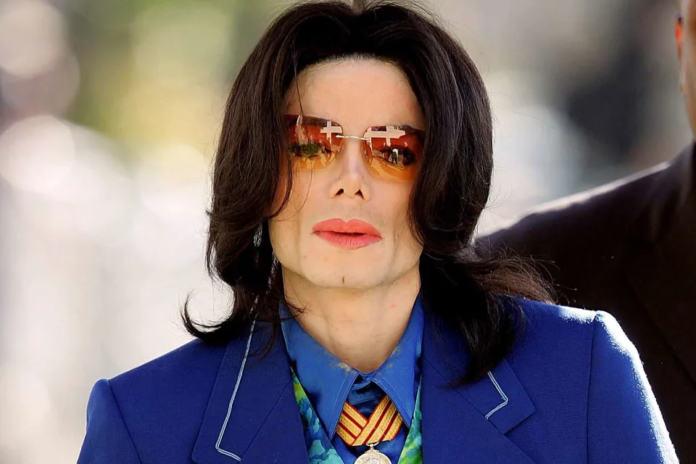
When Michael Jackson died on June 25, 2009 of apparent cardiac arrest in Los Angeles at age 50, he was over $500 million in debt, according to court documents filed on Friday, June 21 and obtained by PEOPLE.
The night before his death, the King of Pop ran through a six-hour dress rehearsal at the Staples Center in Los Angeles for his extended This Is It residency at the 02 Arena in London. As part of his comeback plan, he had written new songs and gone through many hours of gruelling rehearsals to perfect the shows, which were scheduled to run from July 2009 to March 2010.
However, given Jackson’s exorbitant spending habits, he desperately needed money to pay off his accruing debt of $30 million a year, according to the Los Angeles Times. The publication reported that certified public accountant William R. Ackerman, testifying as a defense witness on behalf of AEG Live in the wrongful-death trial in August 2013, offered a detailed look at the singer’s finances, telling jurors that Jackson spent money on donations to charity, gifts, travel, art and furniture.
“He spent a lot of money on jewelry,” Ackerman added in the downtown Los Angeles courtroom at the time. “He was tapped out.”
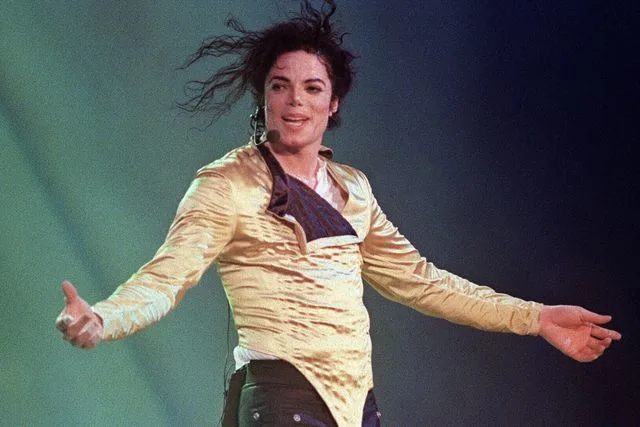
As early as 1993, Jackson had accrued mounting debt, and by 1998, he owed $140 million, according to the publication. From June 2001 through June 2009, it was noted that Jackson’s debt increased by about $170 million. Ackerman testified that interest on Jackson’s loans also grew over the years, ranging from a little less than 7% to 16.8% annually.According to The New York Times, Jackson used his stake in a song catalog that included the Beatles hits as part of collateral for about $270 million in loans from Bank of America. (The bank sold the loans in 2005 to Fortress Investment Group, a company that buys distressed debt.)
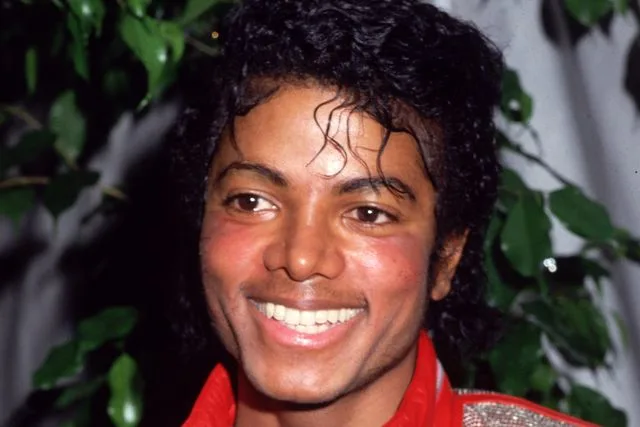
“He wanted people to see his work and not just talk about his lifestyle,” Randy Phillips, the former CEO of AEG Live, told Rolling Stone in 2009. “Michael was a very smart marketing person. People say he was feeble and manipulated, but he was powerful and a manipulator. He was ready,” Phillips told the publication. “He wanted to clean up his finances. He was ready to stop living like a vagabond and settle down and earn money again.”After Jackson’s death, the financial liability for launching the massive aborted tour fell on the estate. He owed roughly $40 million to concert promoter AEG, according to the recent probate petition, “and [there was] little hope of generating income from [Jackson’s] already highly leveraged assets.”
Estate executors attorney John Branca and A&R executive John McClain, along with their legal counsel, Jonathan Steinsapir and Saul Ewing, claimed in a March 2024 filing that the estate was saddled with debt and on the verge of bankruptcy when Jackson died. The estate is now valued at over $2 billion.
Jackson had “more than half a dozen lawsuits pending worldwide” and more than “65 creditors’ claims were filed in the Estate spawning additional lawsuits, of which several resulted in litigation,” the petition reads. After his death, attorneys for the executors handled 15 lawsuits in the U.S. and assisted with more in Europe and Japan, most of which they claim were resolved or disposed of favourably.
“The Executors were able to renegotiate and restructure financing arrangements that existed at the time of Michael’s death, at substantially reduced interest rates, enabling the Estate to avoid the loss of any assets to the lenders and ultimately to satisfy the encumbrances that existed at the time of Michael’s death,” the petition continues. The renegotiations included the debt secured by Jackson’s catalog Mijac Music (more than $70 million as of the date of his death), the estate’s interest in Sony/ATV3 and the mortgage on his Hayvenhurst estate and Lindley Avenue condominium.
As a result of negotiations with Sony in 2012, the executors also obtained an interest in EMI Music Publishing (which owns copyrights for songs by Carole King, Norah Jones and the Motown classics), according to the petition. In July 2018, Sony Corp. acquired the estate’s interest in EMI for an approximate purchase price or $300 million, according to court records, with over a 5,000% return on the estate’s initial investment of $50,000.

Pursuant to the estate’s agreement with Jackson’s three children, Paris, Prince and Bigi, who are the beneficiaries of Jackson’s estate, the probate court oversees the estate’s finances and expenditures. According to the filing, in six-month increments, the attorneys involved in the estate affairs must request the court authorize 30% of their compensation while allowing them to keep 70%.From July 1 through Dec. 31, 2018, which has been backlogged for some time (per a source, the estate has been very busy dealing with other legal matters), multiple firms (including Steinsapir, who has asked for the highest amount, $838,059.44, which includes $36,418.19 reimbursement for costs advanced) are requesting over $3.5 million collectively in legal fees from six years ago via the petition.
“Although the Executors have eliminated the Estate’s debt, have resolved virtually all of the creditors’ claims and litigation, and have successfully solidified the MJJ business as a significant entity in the music industry, there remain challenging business, tax and legal issues that the Executors and their counsel continue to deal with,” the petition reads. The filing also notes a pending final decision on a victory in a 2021 court battle with the IRS.
Most notably, one legal battle with the estate involves Michael Jackson accusers Wade Robson and James Safechuck, who were granted a trial in August 2023.
The two alleged victims featured in the bombshell four-hour HBO documentary Leaving Neverland —who both claimed Michael Jackson sexually molested them when they were children — will have their case tried against the late King of Pop’s companies. MJJ Productions and MJJ Ventures, both of which are now owned by the estate, will face a jury in the lower courts, according to court documents obtained by PEOPLE last year.
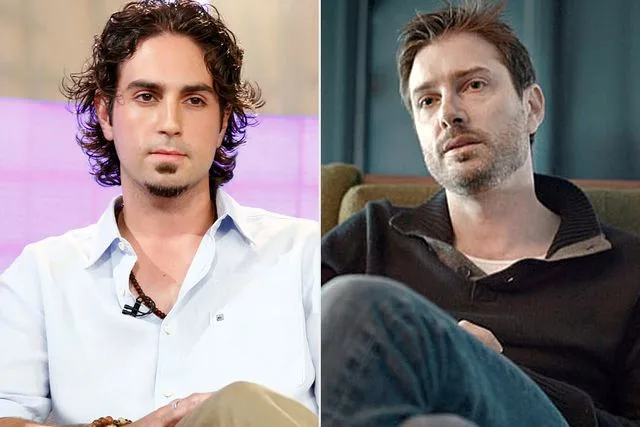
The 37-page ruling set out Robson’s and Safechuck’s allegations that MJJ Productions staff were complicit and aided Jackson in grooming and sexually abusing children and covering it up.The ruling includes the claims that Jackson’s employees implemented policies that allowed the singer to be alone with children — some of whom slept overnight several times a week in Jackson’s bedroom.
Employees allegedly found both Robson and Safechuck’s underwear on the floor beside his bed. The Jackson estate denies any wrongdoing.
The two plaintiffs must prove two points in court to be compensated: First, that Jackson sexually assaulted them, and second, that his corporations who employed his staff were complicit in the alleged abuse.
In the 2019 documentary, both men described Jackson’s death from the propofol overdose as a crucial moment in their lives. Robson said that he cried more than he did for his own father’s death, while Safechuck mourned the loss of their lost friendship.
“I want to be able to speak the truth as loud as I had to speak the lie for so long,” Robson said in Leaving Neverland.
After last year’s ruling to have the case proceed, Jackson’s attorney Steinsapir told PEOPLE in August 2023, “We are disappointed with the Court’s decision. Two distinguished trial judges repeatedly dismissed these cases on numerous occasions over the last decade because the law required it. We remain fully confident that Michael is innocent of these allegations, which are contrary to all credible evidence and independent corroboration, and which were only first made years after Michael’s death,”
He continued: “We trust that the truth will ultimately prevail, with Michael’s vindication yet again. Michael Jackson himself said, ‘Lies run sprints, but the truth runs marathons.’”


